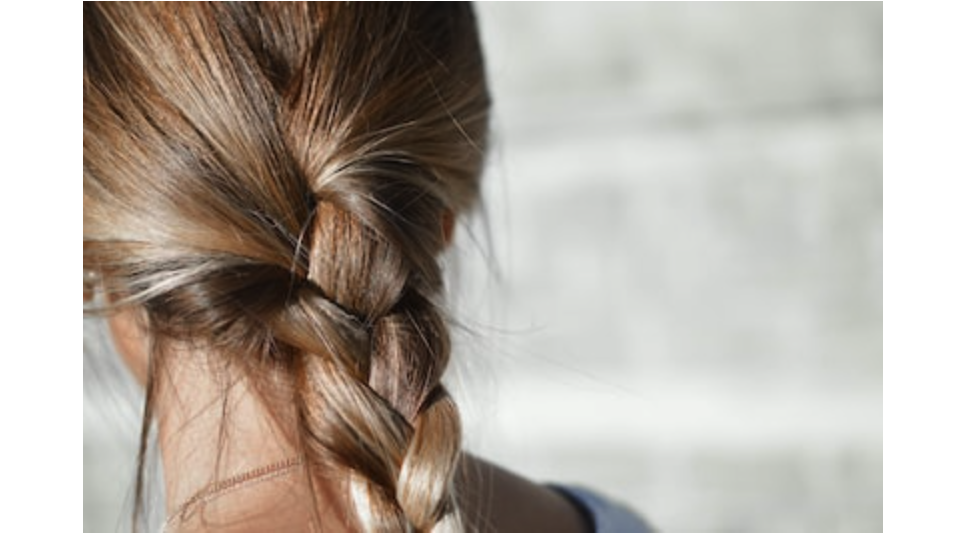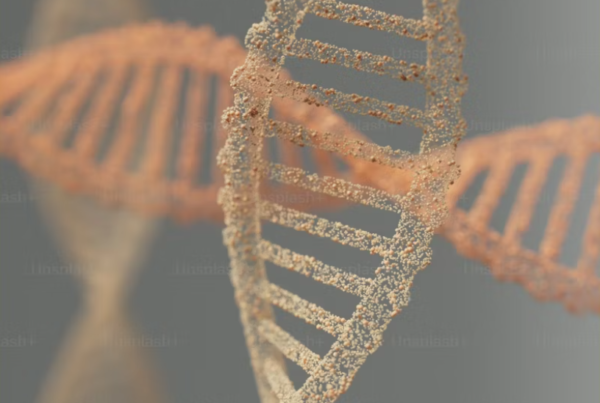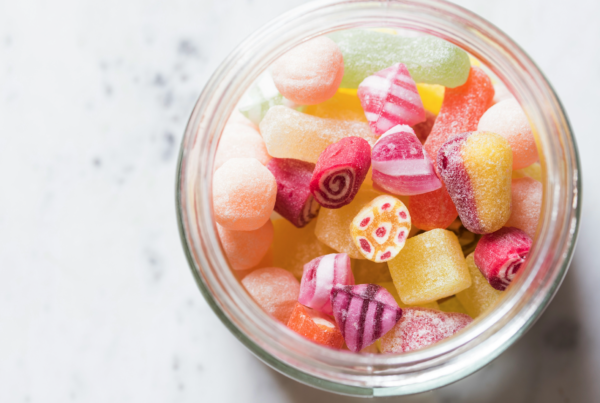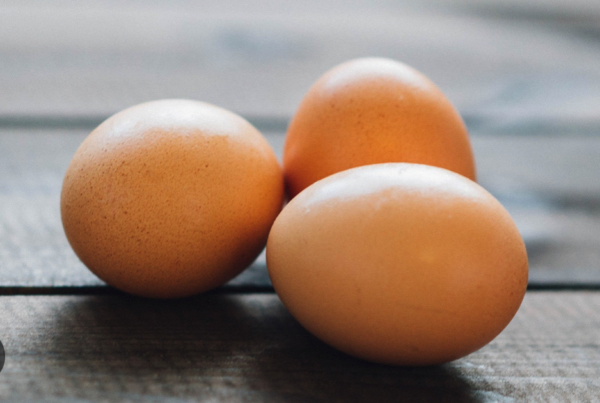The beauty of your hair depends on your general health, and many parameters are involved. Vitamin and mineral deficiencies come to mind when we think of hair problems, but other factors come into play, such as stress, hormonal health, food intolerances, gut flora, intestinal mucosa. Let’s go more in detail through these factors.
NUTRITION
Eating a varied and balanced diet, rich in all the colors of the rainbow allows you to get the full range of important vitamins for hair growth. The Mediterranean Diet will provide lots of useful ingredients: raw and cooked vegetables, fruits (especially berries such as bilberries or bilberries, organic apples with skin), legumes, vegetable and animal proteins (country-fed meat, sheep’s or goat’s cheese, fish oil, bee pollen, mushrooms, algae), good fats (olive, coconut, avocado, walnut, olive oil, walnut oil, ghee).
Proteins play a fundamental role, as they provide the amino acids that make up keratin (methionine and cysteine), and thus ensure good hair thickness and growth, and slow down hair loss.
To have beautiful hair, avoid processed foods and fried foods at all costs. Avoiding refined sugars is also fundamental (pastries, ice creams, white bread, cakes, sodas), as well as consuming only limited amounts of stimulants (tobacco, alcohol, coffee).
Nutrition-wise, here’s what your body needs to grow strong healthy hair:
Omega 3 – good hydration of the scalp.
Zinc – hair density and keratin production.
Vitamin B6 – promotes the integration of cystine into keratin -> shine and resistance.
Vitamin E – suppleness and elasticity.
Vitamins B8 (biotin), Vit A, Vit B12, Vit C – very important for healthy hair growth.
Iron – suppleness, elasticity, shine. Iron is also very important for good hair growth, because the bulb must be nourished by good vascularization.
Silica – hair thickness.
Copper – hair reinforcement, normal hair pigmentation.
Selenium – silkiness of the hair.
Iodine – the amount of iodine present in the body is responsible for the regeneration of hair follicles. In the long term, a lack of iodine can create an imbalance and cause hair loss.
Taking spirulina for 2-3 weeks every so often will help fill vitamin and trace element deficiencies with a positive effect on hair shine. I’ve also recently read that peas could contain an active ingredient against hair loss.
FOOD INTOLERANCES
Each of us is different, and what is good for one person may be poisonous for another. This is where the concept of food intolerances comes in. For example, the immune response to the consumption of gluten (the protein in wheat, barley, rye and spelt) can often be the hidden cause of many health problems and also cause hair loss. Over time, the low-grade (sometimes imperceptible) inflammation resulting from the intolerance damages the lining of the small intestine and prevents the absorption of certain key nutrients (malabsorption).
STRESS/EMOTIONAL IMBALANCES
A sudden emotional shock or an overwhelming stress load can cause hair to whiten or fall out very quickly, sometimes in one night. That shows the impact of our emotional star on hair health.
During periods of stress, different hormones are released into the blood and cause inflammation. The life cycle of the hair is accelerated and hair falls faster. Stress also acts on the adrenal glands which will increase the production of androgens and, therefore, disrupt the functioning of the follicle. Prolonged stress is also responsible for certain deficiencies because in times of overwork the body consumes more minerals, trace elements, vitamins and antioxidants.
Some handy techniques for managing stress include Cardiac Coherence, yoga, meditation, gardening, walks in nature. Whatever activity that will allow your body to relax will benefit your hair.
HORMONE IMBALANCES
Around 20% of hair loss in women is caused by hormonal imbalance. Estrogen levels fluctuate throughout a woman’s life, and androgens (male hormones) sometimes take over. An excess of androgens can cause more or less significant hair loss. This excess can occur in PCOS (polycystic ovary syndrome) or around menopause.
The thyroid gland, responsible for the production of hormones, activates and controls the energy exchanges of all cells. It stimulates tissue oxygen consumption and gives tissues normal development and resistance. A healthy thyroid gland promotes vigor and tone of hair.
Note that after childbirth, hormonal changes and nutritional deficiencies frequently lead to hair loss.
Hair loss can also be caused by impaired glucose metabolism (hypo/hyperglycemia, insulin resistance). Insulin resistance decreases the vital nutrients supplied to the hair. For lack of these nutrients, the hair can no longer grow, develop and renew itself normally.
DIGESTIVE HEALTH
You’ve no doubt heard of the important role the microbiome (gut flora) plays in our overall health. Good bacteria are also a valuable protection for our skin and our scalp (microbiota).
We can stimulate our microbiota by adopting a diet rich in lacto-fermented products (yogurt, sauerkraut, kimchi, miso, lacto-fermented vegetables), and probiotics (mainly Bifidobacterium and Lactobacillus).
When an imbalance of intestinal bacteria occurs, the synthesis of biotin is disrupted, which can impact hair health.
ACID-BASE BALANCE
Limiting the acidity of the body is essential to have strong hair. The body makes every effort on a daily basis to maintain correct pH levels in the blood. When the body becomes too acidic, a safety mechanism is put in place to draw the alkaline minerals available in your bones, teeth, nails and hair.
Stress is a major acidification factor, so remember to relax, and to direct yourself to an alkaline diet, i.e. containing a good proportion of green leafy vegetables.
MEDICATIONS
Hair loss can be caused by taking certain medications: antibiotics, antidepressants, antiepileptics, blood thinners. People who consume some of these have a greater interest in adopting a good diet, and in applying stress releasing techniques.
HAIR PRODUCTS
Chemical dyes are particularly harmful and loaded with toxins and heavy metals. Chemical-based shampoos, conditioners, straighteners, detanglers, hair spray, poison and pollute the hair as well as the scalp.
TIPS FOR A BEAUTIFUL HAIR
A healthy diet and adapted stress management are fundamental elements for good hair health.
Using natural shampoos and other hair products is also a key element to have beautiful strong hair. Avoid sulfate and silicone. Applying shampoo once is enough, no need to repeat. Rinse with cold water as it will close the scales of the hair and stimulate blood circulation.
To help or maintain good hair health, don’t forget daily brushing and scalp massage. These mechanical actions allow better oxygenation of the scalp which promotes hair growth. I recommend the application of Rosemary or African Rosemary hydrosol from the brand Alfaflor when doing your scalp massage, so that your hair becomes vigorous and shiny.






